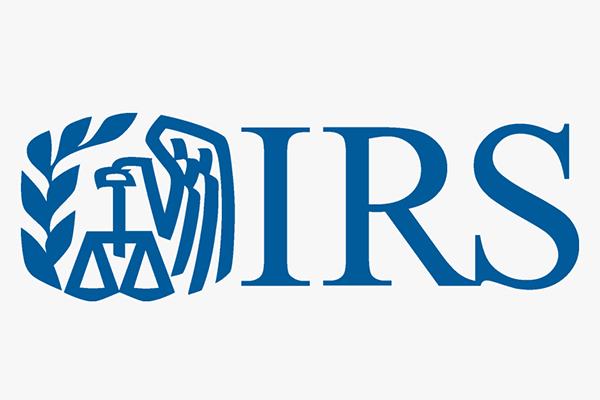From IRS.gov —
The IRS encourages everyone to use the Tax Withholding Estimator to perform a “paycheck checkup.” This will help you make sure you have the right amount of tax withheld from your paycheck.
There are several reasons to check your withholding:
- Checking your withholding can help protect against having too little tax withheld and facing an unexpected tax bill or penalty at tax time next year.
- At the same time, you may prefer to have less tax withheld up front, so you receive more in your paychecks and get a smaller refund at tax time.When should you use the Estimator?
When should you use the Estimator
If you changed your withholding for 2019, the IRS reminds you to be sure to recheck your withholding at the start of 2020. A mid-year withholding change in 2019 may have a different full-year impact in 2020. So, if you do not file a new Form W-4 for 2020, your withholding might be higher or lower than you intend.
Also, if you had a major life change, such as marriage, the birth of a child, adoption or bought a home.
If you have additional questions about your withholding, consult your employer or tax advisor.
To change your withholding
Use your results from the Tax Withholding Estimator to help you complete a new Form W-4, Employee’s Withholding Certificate, and submit the completed Form W-4 to your employer as soon as possible. Withholding takes place throughout the year, so it’s better to take this step as soon as possible.
Many employers have an automated system for submitting an employee’s changes for Form W-4. Please be sure to check with your employer to see if they have this option available.
If you receive pension income, you can use the results from the estimator to complete a Form W-4P (PDF) and give it to your payer.
- Form W-4, Employee’s Withholding Certificate (PDF)
- Form W-4 P, Withholding Certificate for Pension or Annuity Payments
Before You Begin
- Gather the most recent pay statements for yourself, and if you are married, for your spouse too.
- Gather information for other sources of income you may have.
- Have your most recent income tax return handy.
- Use whole dollar amounts in the estimator.
Keep in mind that the Tax Withholding Estimator’s results will only be as accurate as the information you enter. Note: this application requires JavaScript to be enabled (this is often a default browser setting).
Complex Tax Situations
This Tax Withholding Estimator works for most taxpayers. People with more complex tax situations should use the instructions in Publication 505, Tax Withholding and Estimated Tax. This includes taxpayers who owe alternative minimum tax or certain other taxes, and people with long-term capital gains or qualified dividends.
Security
The Tax Withholding Estimator does not ask you to provide sensitive information such as your name, Social Security number, address or bank account numbers.
The IRS does not save or record the information you enter on the estimator.
Frequently Asked Questions
The Frequently Asked Questions for the Tax Withholding Estimator are now available. These questions are based on user feedback received. We recommend you refer to the FAQ Page if you have any questions while going through the estimator.
Reach the CPA Advisory Group by calling, emailing [email protected], or just filling out the contact form on this site at cpaagi.com/contact/.
Other stories you might like
CPA Advisory Group, Inc.
Leading Small Businesses and Individuals to Success






